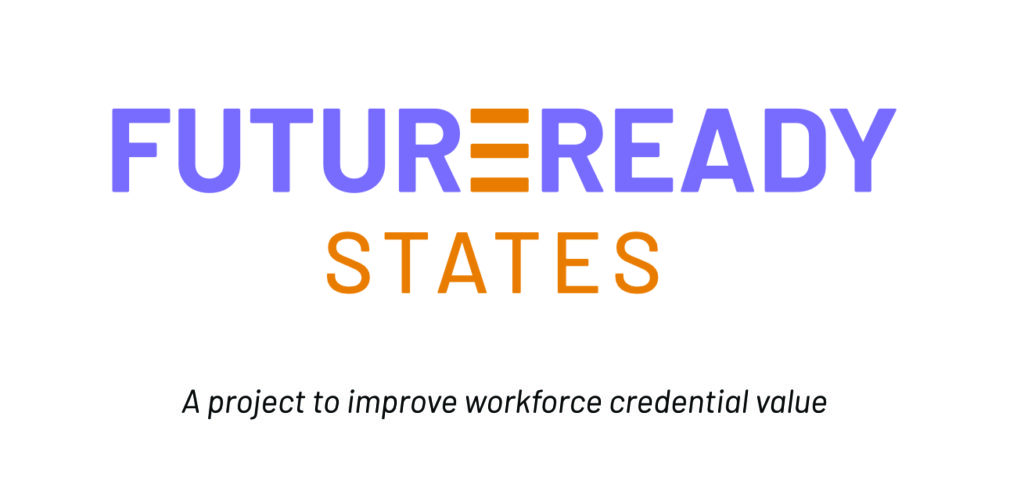New Initiative Will Promote Short-Term Credential Programs in North Carolina
New ‘FutureReady States’ initiative will promote short-term credential programs in North Carolina, other states.

Get stories like this delivered straight to your inbox. Sign up for The 74 Newsletter
Lumina Foundation announced on Thursday a new initiative called “FutureReady States” with the goal of increasing access to education and credential training that “pays off in the labor market.” Lumina — a private foundation based in Indianapolis — and partner organizations will do that by offering states technical assistance and policy guidance, according to a press release.
In 12 states, including North Carolina, Lumina will make investments “to improve credential quality and learning outcomes,” the release said. National Skills Coalition, one of five intermediary organizations, will work with the foundation in North Carolina.
The other states included in the initiative are Alabama, Colorado, Connecticut, Illinois, Louisiana, Michigan, Mississippi, New Jersey, Tennessee, Texas, and Virginia.
Part of the initiative will be promoting short-term credential programs, which Lumina says have become pathways into industries such as health care, manufacturing, information technology, and logistics.
Kermit Kaleba, Lumina’s strategy director for credentials of value, said in a press briefing that businesses and learners are interested in quick, short-term credentials that provide the necessary skills to be successful. He defined short-term credential programs as those lasting between eight weeks and one year.
He also said there is reason for caution: Since short-term credentials haven’t received much federal or state funding in the past, not much research has gone into the upsides and downsides.
Nevertheless, they are receiving attention — and funding — now.
“States are spending money on these credentials,” Kaleba said. “We are making these investments — our job at Lumina is to help states think about how we maximize the value of these investments.”
States have invested, and so has the federal government. While the “Big, Beautiful Bill,” recently signed into law by President Donald Trump, cut Pell Grant funding overall, it also included a provision expanding Pell Grant eligibility to short-term job training programs.
In North Carolina, short-term credential programs are already funded through a grant program established by the General Assembly in 2021.

Lumina will be partnering with myFutureNC, which is part of the North Carolina Workforce Credentials Council. The council also includes the Office of the Governor, the North Carolina Community Colleges System, the Department of Public Instruction, and more organizations.
According to myFutureNC, the FutureReady States initiative will build on the work of the North Carolina Workforce Credentials Council.
Cecilia Holden, president and CEO of myFutureNC, said in a press release that the initiative could contribute to the goal her organization has already set.
“Success, to us, means building a system where every credential earned helps close the skills gap for employers—and where every learner has a clear, supported path to economic mobility,” said Holden. “What excites us most is the initiative’s potential to accelerate progress toward our statewide goal: ensuring that two million North Carolinians ages 25 to 44 hold an industry-valued college degree or short-term credential by 2030.”
This article first appeared on EdNC and is republished here under a Creative Commons Attribution-NoDerivatives 4.0 International License.
Get stories like these delivered straight to your inbox. Sign up for The 74 Newsletter

;)